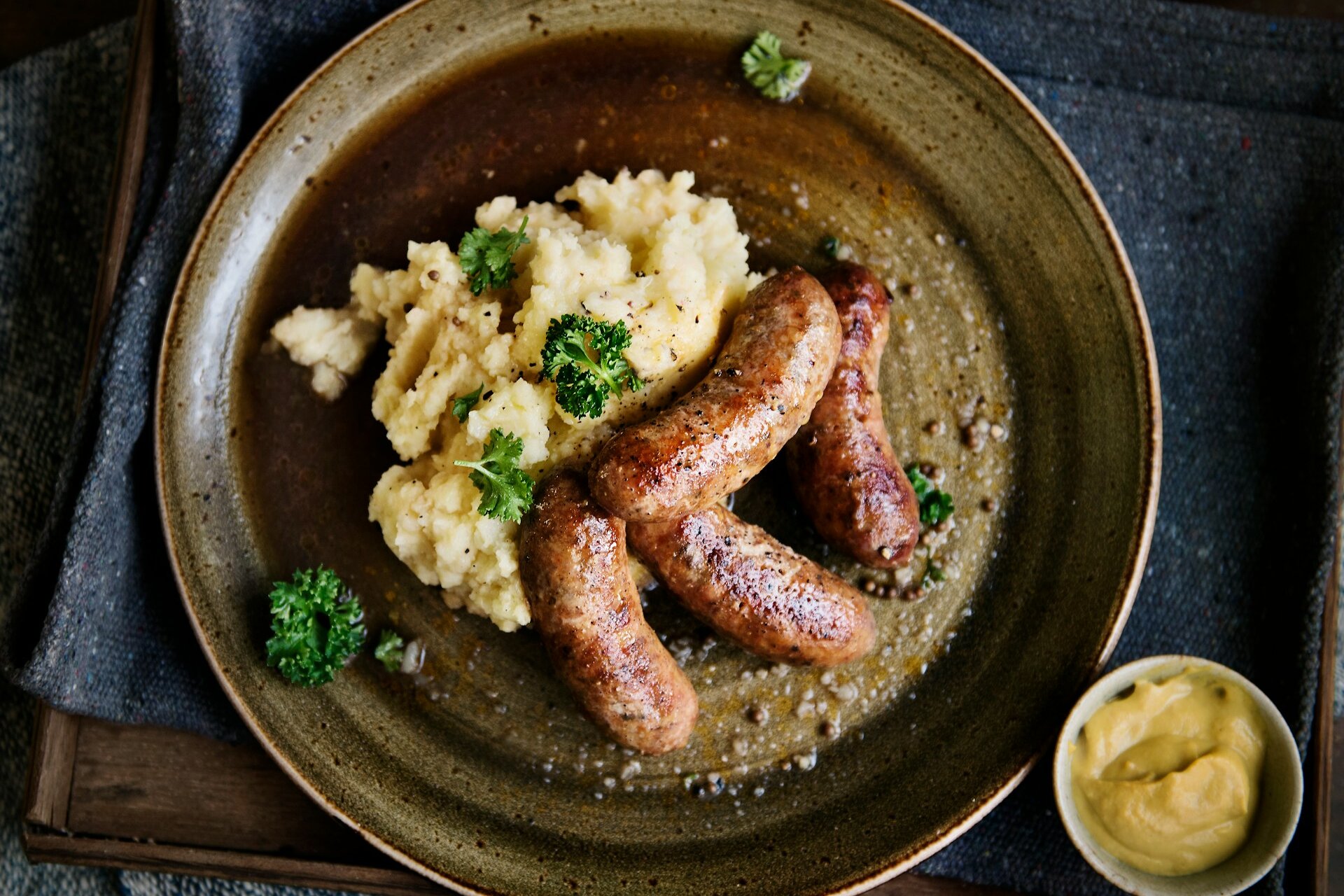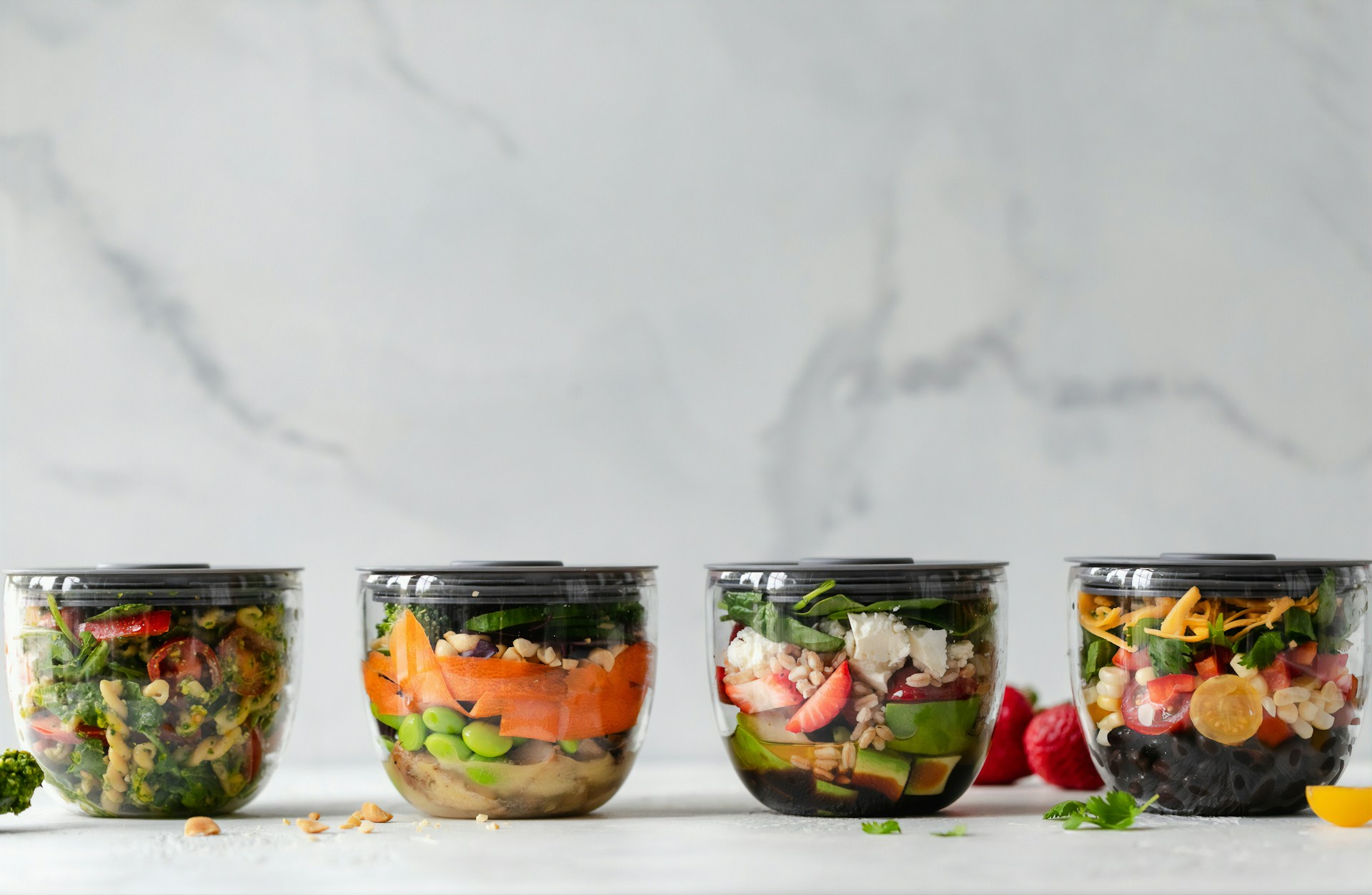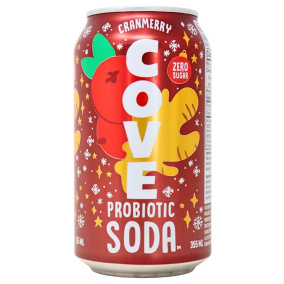
Whole30 Meal Prep: A Beginner's Guide
Start your Whole30 journey with confidence using this beginner’s guide to meal prep. Learn how to plan, shop, and cook compliant meals that support your health reset. Streamline your week with tips for batch cooking and staying consistent.
Summary
The Whole30 diet offers a structured approach to identifying food sensitivities and breaking unhealthy eating patterns through a 30-day elimination program. Effective meal preparation is the cornerstone of success, ensuring you always have compliant options available when hunger strikes. With the right strategies and resources, Whole30 becomes less about restriction and more about discovering a sustainable approach to healthier eating.
Starting your Whole30 journey can feel overwhelming at first. This 30-day elimination diet requires careful planning and preparation to be successful. Understanding which foods to include and avoid is the first step toward positive results.
Meal prep is the secret weapon that makes Whole30 manageable in our busy lives. Having compliant options ready when hunger strikes prevents the temptation to reach for prohibited foods. A few hours of preparation each week can dramatically increase your chances of completing the full program.
The benefits of Whole30 extend beyond just weight management to potentially include improved digestion, better sleep, and increased energy. Many participants discover specific food sensitivities that have been affecting their well-being for years. This guide will walk you through everything you need to know to make your Whole30 experience both manageable and rewarding.
What is the Whole30 Diet?
The Whole30 diet is a 30-day elimination program designed to reset your health by removing potentially inflammatory food groups from your meals. It focuses on whole, unprocessed foods while eliminating sugar, grains, legumes, dairy, and additives to identify personal food triggers and improve overall wellness.
Foods to Include and Avoid on Whole30
The Whole30 program centers around eating real, whole foods in their natural state. This approach helps reduce inflammation, regulate blood sugar, and reset your relationship with food. The foundation of Whole30 consists of quality protein, vegetables, some fruits, and natural fats.
During the 30 days, you'll need to be vigilant about reading labels since many packaged foods contain added sugars or prohibited ingredients. The key to success is preparing simple meals with approved ingredients and avoiding any form of cheating or substitutions.
Here are the best foods to include on your Whole30 journey:
- High-quality proteins like grass-fed beef, free-range poultry, and wild-caught fish – Products like grass-fed ground beef and wild-caught canned salmon.
- All non-starchy and starchy vegetables, including sweet potatoes – Products like frozen organic spinach and pre-cut sweet potato fries.
- Moderate amounts of fruit (preferably whole rather than juiced) – Products like dried mango slices with no added sugar and organic apple chips.
- Natural fats such as avocado oil, olive oil, and coconut oil – Products like cold-pressed extra virgin olive oil and organic coconut butter.
- Herbs, spices, and seasonings without added sugars or MSG – Products like organic garlic powder and whole black peppercorns.
While focusing on what you can eat is important, understanding what to avoid ensures you'll get the full benefits of the program. Elimination of certain food groups is crucial for allowing your body to heal and reset.
Foods to avoid during Whole30 include:
- All forms of added sugar, real or artificial (including maple syrup, honey, and stevia)
- Grains including wheat, corn, rice, and oats (even if they're gluten-free)
- Legumes such as beans, peas, lentils, and peanuts (except green beans and snap peas)
- Dairy products including milk, yogurt, cheese, and ice cream
- Alcohol and tobacco products (even for cooking)
Who Benefits Most from Whole30?
Individuals struggling with digestive issues often see significant improvements on the Whole30 diet. The elimination of common trigger foods allows the gut to heal, potentially reducing symptoms like bloating, gas, and irregular bowel movements. Those with mysterious health complaints that haven't been solved through conventional approaches may finally find some answers.
The structured nature of Whole30 tends to benefit people battling sugar addiction and poor eating habits. The program helps break the cycle of cravings and emotional eating by resetting taste buds and hunger signals. Those who feel trapped in unhealthy patterns with food often report a new sense of food freedom after completing the program.
Whole30 can be particularly beneficial for individuals with suspected food sensitivities or allergies. By eliminating common inflammatory foods and then systematically reintroducing them, you can identify specific triggers that may be causing skin issues, headaches, joint pain, or fatigue.
This personalized approach to nutrition helps create a sustainable eating plan based on your body's unique needs.
Now that you understand what Whole30 is and who it works best for, let's explore how to successfully prepare meals that comply with this transformative program.
How to Meal Prep for Whole30 Success
Whole30 meal prep is essential for program success as it eliminates last-minute decision-making that often leads to non-compliant choices. By dedicating a few hours weekly to planning and preparing compliant meals, you create a structured environment that removes temptation, saves time, and significantly increases your chances of completing the full 30 days.
Essential Meal Prep Tips for Whole30
Effective meal preparation is the cornerstone of Whole30's success. When hunger strikes, and you're unprepared, the likelihood of reaching for non-compliant convenience foods increases dramatically. Having ready-to-eat options in your refrigerator ensures you'll stay on track even during your busiest days.
The key to sustainable meal prep is finding a routine that works with your lifestyle. Most successful Whole30 participants dedicate 2-3 hours twice weekly to preparing basics rather than trying to cook everything in one marathon session. This approach prevents food fatigue and keeps meals fresher throughout the week.
Here are the top strategies for effective Whole30 meal prep:
- Batch cook protein sources like roasted chicken, ground beef, and hard-boiled eggs for quick meal assembly
- Prepare versatile vegetable sides that can work with multiple meals (roasted sweet potatoes, cauliflower rice)
- Make compliant sauces and dressings to add variety and flavour to simple protein and vegetable combinations
- Chop fresh vegetables and store in water for quick cooking or easy snacking throughout the week
- Invest in quality storage containers that make portioning and preserving food simpler
The benefit of these meal prep strategies extends beyond just staying compliant. With properly prepared foods at your fingertips, you'll find yourself enjoying the Whole30 process rather than feeling restricted or overwhelmed. This positive experience makes it easier to discover which foods truly work best for your body.
Best Whole30 Dishes for Meal Prep
Breakfast often presents the biggest challenge on Whole30, as traditional morning favourites like cereal and toast are off-limits. Focus on protein-forward options that will keep you satisfied until lunch.
Egg muffins with diced vegetables, sweet potato breakfast hash with ground turkey, and chia pudding made with compliant nut milk are all excellent breakfast choices that store well for 3-4 days and can be quickly reheated or eaten cold.
Lunch and dinner meal prep should center around a protein source paired with plenty of vegetables and healthy fats.
One-pan roasted meals with chicken thighs and seasonal vegetables maintain their flavour wonderfully when refrigerated and reheated. Sheet pan dishes also make excellent leftovers and can be repurposed into different meals throughout the week. Try Mediterranean chicken with roasted vegetables, beef and broccoli stir-fry, or baked salmon with asparagus.
Soups and stews are particularly well-suited for Whole30 meal prep as they often taste better after a day or two when flavours have melded together. Butternut squash soup, chicken zoodle soup, and beef and vegetable stew are hearty options that freeze beautifully and provide complete meals. Preparing large batches of these comfort foods means you'll always have a compliant option ready when you're too tired to cook from scratch.
How Natura Market Makes Whole30 More Accessible
At Natura Market, we've revolutionized the Whole30 experience for Canadians by curating an extensive selection of compliant products that eliminate the need for label-reading and ingredient detective work.
Our carefully vetted collection includes hard-to-find staples that make meal preparation significantly easier, such as compliant condiments, cooking oils, and portable protein options that fit perfectly into a busy Whole30 lifestyle.
We showcase trusted brands that align perfectly with Whole30 guidelines across various product categories designed to support your clean eating journey. Our specialized selection includes everything from dairy-free alternatives to ready-to-eat protein sources and compliant cooking ingredients that save you time in the kitchen.
By bringing innovative, clean products to the Canadian market, we make the Whole30 journey more enjoyable and sustainable for health-conscious consumers looking to transform their relationship with food.







